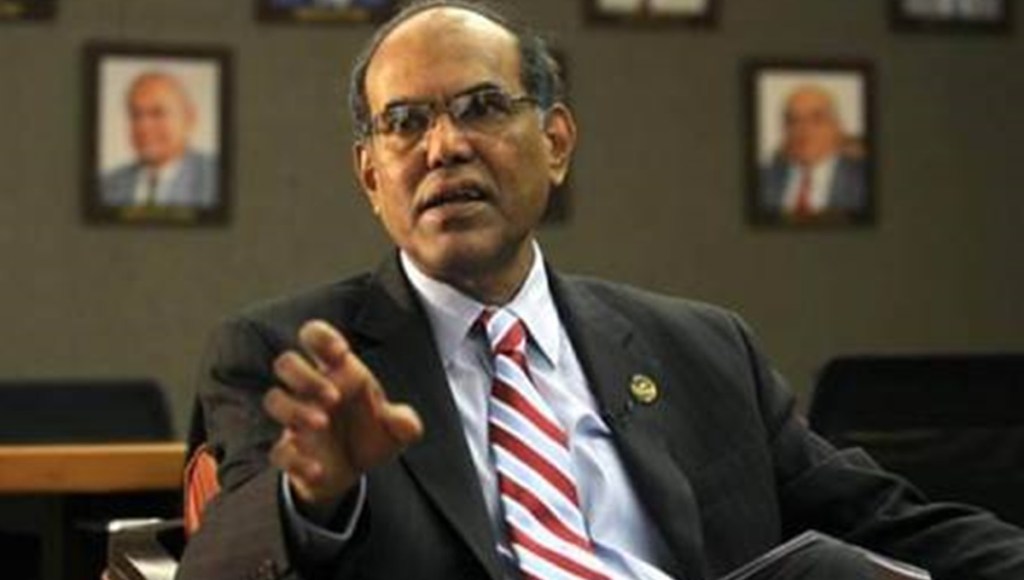From free ration for the poor to several other programmes, there are enough and more welfare schemes in the country but “is Welfarism sufficient enough to take India to its goal of being Viksit Bharat or would it have to have deep-rooted structural reforms,” asks D Subbarao, economist and former governor of the Reserve Bank of India.
He feels the current government has enormous political capital and its current term in power over the next four-and-a-half years may be the best time at its disposal to effect some structural reforms.
He therefore hopes the Union budget will signal steps in the direction of structural reforms. “A budget is an economic and policy document of the government. Many look up to the budget to see where the government is headed” and while the schemes are important, he feels, “the budget should also have some overarching theme, a big plan or a big idea.”
By structural reforms, he refers to all the elements around “land and labour reforms, taxation and governance reforms, ease of doing business and providing support to the MSMEs (Micro, Small and Medium Enterprises) as they are the employment generators.”
He also hopes the budget will look at public sector disinvestments, de-nationalisation of banks apart from putting in place enablers for innovation and measures to encourage entrepreneurship.
Referring to the Chinese AI startup DeepSeek that has been sending shockwaves across the globe, he asks, why not a DeepSeek from India? While he says, “the government cannot be blamed for this but considering that China was always thought of as a major manufacturing country and India as a computer land,” we had the advantage and could have leveraged it.
Encouraging research and innovation is an aspect that many experts, industry leaders and policy analysts have spoken about in the past too. However, while it may seem as a long-pending demand, some do also hope the budget will focus on the progress made thus far on the implementation of the Rs 100,000 crore research fund announced in the last budget.
Subbarao also seems concerned about fiscal consolidation. Though he finds India’s fiscal deficit target of 4.9 per cent commendable albeit still high. He says, “our debt-to-GDP ratio is still high at 80 per cent as against an FRBM (Fiscal Responsibility and Budget management) Act target of 60 per cent.”
He cautions that the interest burden on accumulated debt is still the largest single item and the fastest growing item of expenditure, both for the Centre and for the states.
He is therefore hoping to see a budget that shares a plan to deal with this through the measures it intends to take, be it around improving the tax buoyancy, increasing tax collection. He also sees a need to check the tendency to offer freebies because competitive populism, he says, “is getting deeply ingrained.”

